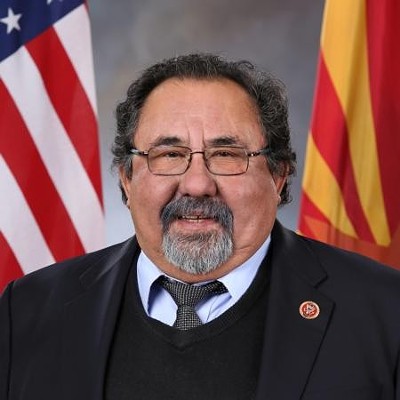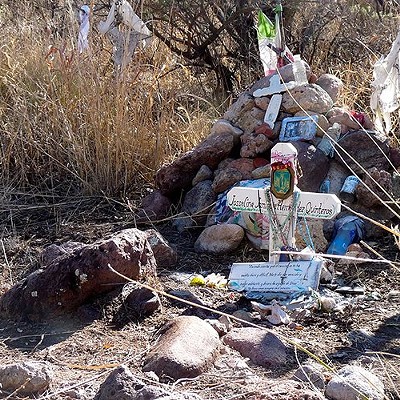Thursday, June 23, 2016
Supreme Court's Split Decision on DAPA, Extended DACA Lawsuit Fails to Protect Millions of Undocumented Parents, Youth
The U.S. Supreme Court issued a disappointing 4-4 decision in a lawsuit that challenges President Barack Obama's 2014 immigration relief programs for undocumented parents and undocumented youth. With a split decision, an extension to Deferred Action for Childhood Arrivals and Deferred Action for Parents of Americans and Lawful Permanent Residents remain blocked.
DAPA, a relief for undocumented parents of U.S. citizen or legal resident children, and DACA II, an extension to Obama's 2012 protection for DREAMers, would have protected at least 5 million people from deportation and would have allowed them to work.
In February 2015 a coalition of 26 states, including Arizona and led by Texas, sued the Obama administration, accusing the president of abusing his power by ignoring Congress in an administrative process to change immigration rules, according to an article by The New York Times. The White House has argued that presidents in both political parties have used similar executive actions and applied them to the country's immigration laws, The New York Times reports.
Federal District Court Judge Andrew S. Hanen of Texas issued a preliminary injunction blocking the implementation of DAPA and extended DACA. The Obama administration appealed, and a three-judge panel of the U.S. Fifth Circuit Court of Appeals eventually upheld the injunction. The administration then took the legal battle to the Supreme Court, where it took months to hear a ruling.
"Today's non-decision in the DAPA case leaves the legal questions about the president’s immigration authority unanswered. But by leaving in place the injunction issued by the district judge, today’s 4-4 tie has a profound impact on millions of American families whose lives will remain in limbo, and who will now continue the fight," said a media statement by Cecilia Wang, director of the American Civil Liberties Union's Immigrants' Rights Project. The ACLU was part of an amicus brief filed with the Supreme Court, urging for DAPA and extended DACA to be given the green light. "In setting the DAPA guidelines, President Obama exercised the same prosecutorial discretion his predecessors have wielded without controversy, and ultimately the courts should hold that the action was lawful."
Center for American Progress President and CEO Neera Tanden issued the following statement in response to the Supreme Court’s ruling:
With today’s 4-4 split in United States v. Texas, an estimated 4 million immigrants will remain vulnerable to deportation, and more than 6 million U.S. citizens will continue to live in fear of the deportations of their loved ones. Today’s ruling is a stark reminder of how the obstruction of Senate Republicans continues to negatively affect millions of Americans and their families. DAPA and expanded DACA are important, commonsense policies that were blocked first by a politically motivated lawsuit and then by a do-nothing Senate. We cannot let the partisan, political effort to prevent the Supreme Court from fully functioning continue.
Not moving forward with these initiatives is a loss for millions of families, as well as for the economy since the nation will continue to lose $29.9 million in GDP each day without them. The 1.6 million DAPA-affected individuals who will be eligible to vote in the upcoming elections will hold Republican leaders accountable for not only keeping millions of family members in the limbo but also preventing the Court from doing its job.
While the Court struggles to function, a highly qualified and respected nominee awaits action from Senate Republicans, who refuse to give him a hearing or a vote. Tomorrow marks the 100th day since Merrick Garland was nominated to fill the vacancy, and it is time for Senate Republicans to give him a hearing and a vote. This is the latest example of how the Washington dysfunction created by Republicans in Congress is hurting real people around the country.
Tags: dapa , daca , american civil liberties union , center for american progress , us supreme court , barack obama , immigration














